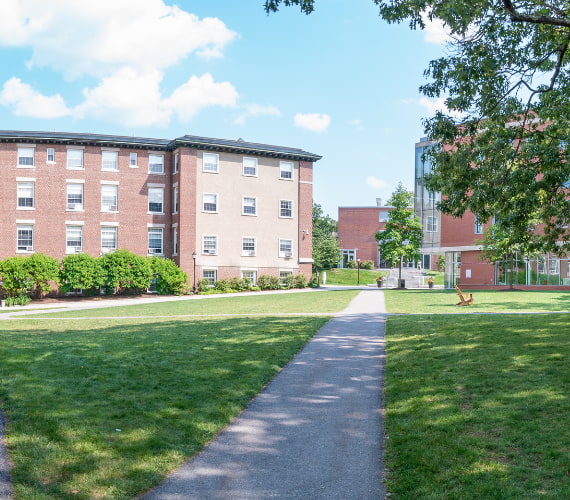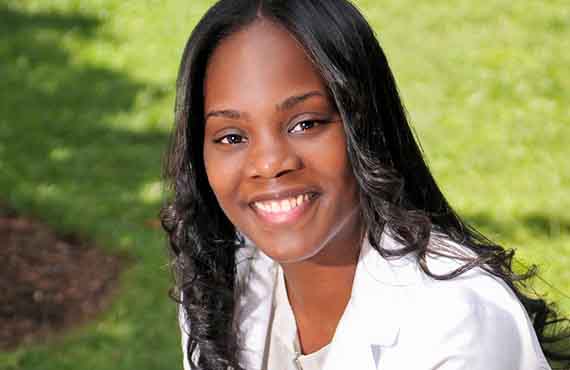The impacts of ageism are felt far beyond the elderly, and it will take a community effort to close the generational gap. That was the theme explored at the first Regis College President’s Lecture Series on Health of the academic year.
More than 70 people attended the September 23 virtual event to hear a panel of local experts discuss what is known about ageism, its serious consequences to the elderly’s health, and how health care professionals can address their own potential ageism.
The panel was comprised of Sandra Harris, state president for AARP of Mass., Alrie McNiff Daniels, senior communications officer at Tufts Health Plan Foundation, and Cassandra Baptista, director of communications at Age Strong Boston. The discussion was moderated by assistant professor of humanities Jonathan Fitzgerald.
Since 2007, the Regis President’s Lecture Series on Health, in partnership with Harvard Pilgrim Health Care, has featured insight from industry experts that inform health care professionals and the public about contemporary health and wellness issues. The goal is for audiences to gain the knowledge needed to affect positive change.
McNiff Daniels presented on the reality of ageism and implicit bias, and the balance between the seductive images of leisure after retirement and perception of health deterioration.
Demographics are much different than 100 years ago and people are living longer, McNiff Daniels explained. A common misperception is that older people can’t learn new things or use current technology. There is a strong tendency to “otherize” the older population and therefore minimize their contributions to society. The ongoing pandemic has reinforced the notion of “otherizing” and how the older population should be kept separate, she added.
Baptista presented the City of Boston’s campaign to tell a new story about aging by the Age Strong Commission, formerly Elderly Commission of Boston. Baptista explained that “America needs an aging attitude adjustment,” and displayed a print and digital public awareness campaign to tackle ageism and challenge stereotypes.
Harris reviewed her successful personal experience with aging. From her experiences and work at AARP, she shared her thoughts on how aging provides wisdom and perspective that allows us to see the big picture. Health, wealth, and self-care are guiding principles on how people should prepare for the future.
The President’s Lecture Series on Health lectures is approved to award contact hours for nurses by the American Nurses Association Massachusetts. The American Nurses Association Massachusetts is accredited as an approver of continuing education by the American Nurses Credentialing Center’s COA.


